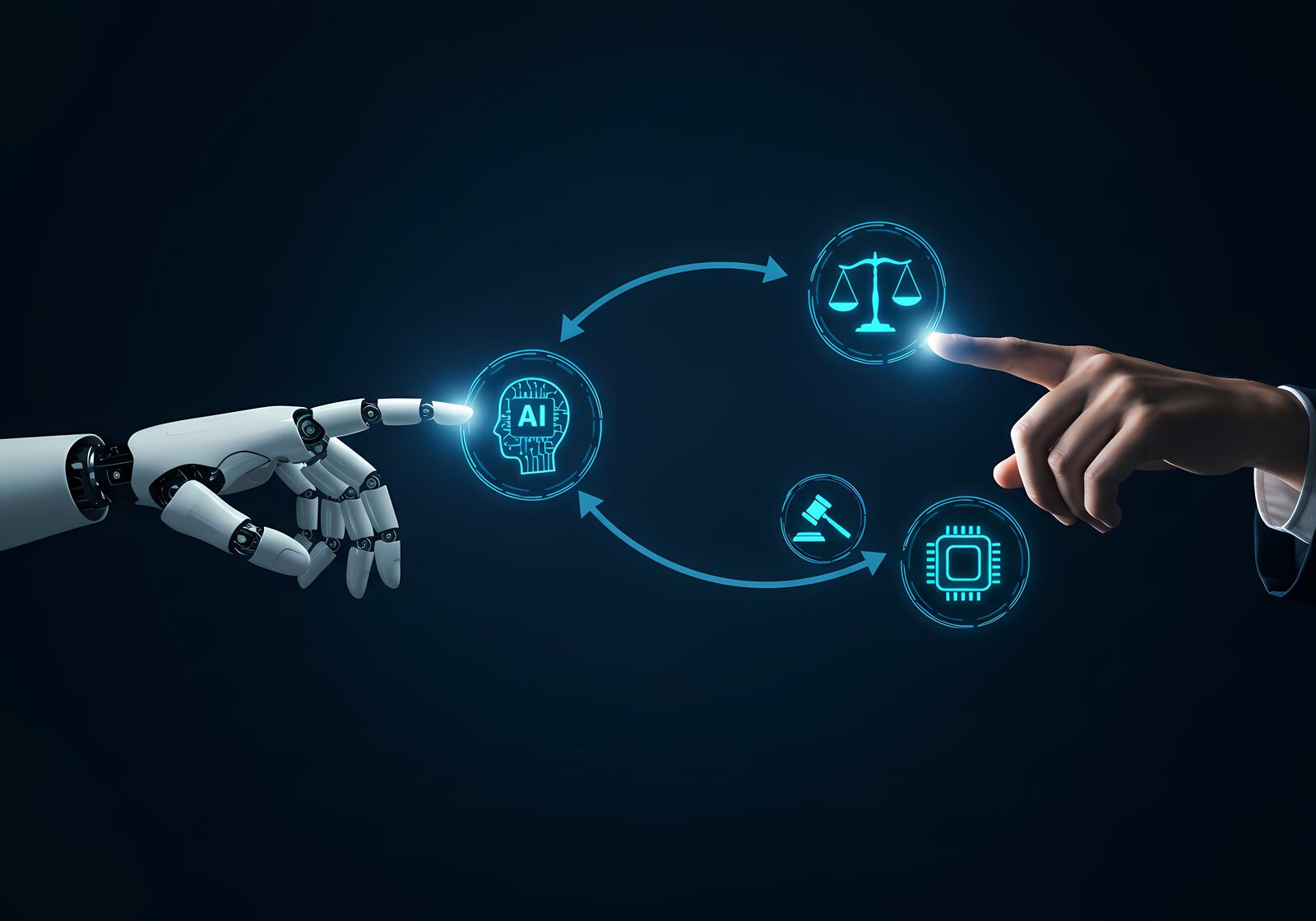This article is sponsored by Parsons Behle & Latimer.
Artificial intelligence (AI), blockchain and smart contracts are transforming how organizations operate, communicate and deliver value. For Utah businesses, understanding these innovations—and their alignment with local regulations—is critical to staying ahead.
Artificial intelligence: The core of modern business
For businesses, AI offers benefits like automating repetitive tasks, powering predictive analytics, personalizing customer experiences, enhancing fraud detection and enabling data-driven decisions. Industries such as healthcare, finance and logistics in Utah are already leveraging AI to cut costs, boost efficiency and deliver innovative services.
Blockchain: Building trust without intermediaries
If AI is the core of modern business, blockchain is the secure ledger of the future. A blockchain is a decentralized digital record of transactions across a network, designed to be transparent, tamper-resistant and auditable. Each encrypted block links to previous ones, forming a secure chain, making it ideal for recording transactions, verifying authenticity and fostering trust without need for a central authority.
Utah companies in agriculture, fintech and real estate—where trust and transparency are paramount—can benefit from blockchain. It reduces fraud risks and eliminates intermediaries, cutting costs and strengthening customer confidence. For example, in January 2020, Utah County implemented an end-to-end online process for issuing marriage licenses using blockchain. This system proved vital during the COVID-19 pandemic, ensuring access to services when in-person options were limited.
Smart contracts: Automation that enforces itself
Smart contracts are self-executing agreements coded on a blockchain that automatically execute terms when certain conditions are met. While not traditional contracts in the legal sense, they can be legally binding under Utah’s Uniform Electronic Transactions Act (Utah Code Ann. § 46-4-101, et seq.) if they meet standard contract requirements, e.g., offer, acceptance and consideration.
These “smart legal contracts” automate agreements, reducing administrative costs, minimizing errors and streamlining processes without intermediaries like banks or lawyers. For Utah businesses, smart contracts can simplify real estate transactions and supplier agreements. For instance, platforms like Propy, used in California and Vermont, enable blockchain-based property sales, a model applicable to Utah’s booming real estate market. Similarly, Utah’s fintech sector can use smart contracts to automate loan disbursements, releasing funds when conditions are met.
Utah’s legislative and innovation landscape
Utah is positioning itself as a leader in AI and blockchain adoption. The 2022 Utah Blockchain Task Force and H.B. 230 (2025) also known as the “Blockchain and Digital Innovation Amendments,” signal strong support for innovation. Signed into law on March 25, 2025, H.B. 230 establishes a Strategic Bitcoin Reserve and a regulatory sandbox, allowing businesses to test blockchain solutions with reduced compliance costs. These initiatives create a clear regulatory framework, encouraging investment and experimentation.
This forward-thinking approach makes Utah a prime destination for companies exploring emerging technologies. With legislative support and a growing innovation ecosystem, Utah offers fertile ground for businesses aiming to lead in digital transformation.
The road ahead for Utah businesses
AI, blockchain and smart contracts form a powerful toolkit when combined. Imagine AI delivering predictive insights, blockchain securing those insights and smart contracts automatically executing decisions without friction or delay.
Utah businesses must explore these technologies, while balancing innovation with legal and ethical considerations. The following steps create an action plan for Utah companies:
- Start with pilot programs – Launch limited projects in areas like customer service automation, blockchain-based recordkeeping or supplier contracts. Pilots allow organizations to test return on investment without large-scale disruption.
- Engage legal counsel early - Ensure data privacy and intellectual property ownership with AI-generated results; ensure blockchain compliance with securities, banking and consumer protection laws; and validate that code-based smart legal contracts meet Utah contract law requirements.
- Leverage Utah’s regulatory sandbox - Utah’s sandbox under H.B. 230 offers a low-risk way to test blockchain solutions with relaxed compliance costs before scaling.
- Implement governance and risk controls - Establish internal policies for responsible AI use, blockchain security and smart contract oversight.
- Build ecosystem partnerships - Collaborate with local universities, incubators and industry groups. Utah’s innovation ecosystem—supported by legislation like the Blockchain and Digital Innovation Amendments—offers a fertile ground for partnerships that balance technical know-how with compliance insight.
Companies that act now will be better positioned to adapt as these tools become integral to the economy. Waiting risks falling behind in a competitive, tech-driven market.

